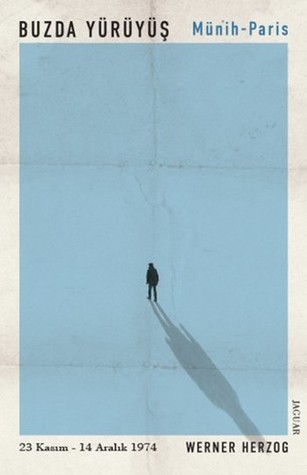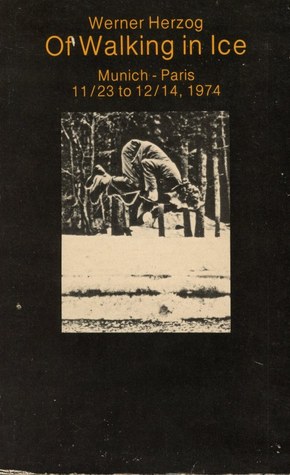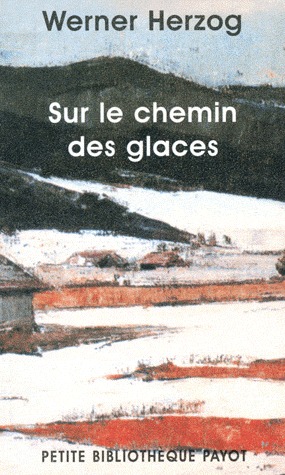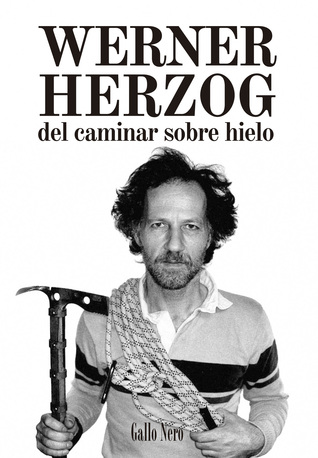“So back one climbs, to the sources.”
“Place and mind interpenetrate till the nature of both is altered. I cannot tell what this movement is except by recounting it.”
“It is necessary to be sometimes exclusive, not on behalf of rank or wealth, but of those human qualities that can apprehend loneliness.”
“The talking tribe, I find, want sensation from the mountain – not in Keats’s sense. Beginners, not unnaturally, do the same – I did myself. They want the startling view, the horrid pinnacle – sips of beer and tea instead of milk. Yet often the mountain gives itself most completely when I have no destination, when I reach nowhere in particular, but have gone out merely to be with the mountain as one visits a friend with no intention but to be with him.”
“Yet so long as they live a life close to their wild land, subject to its weathers, something of its own nature will permeate theirs. They will be marked men.”
“Why some blocks of stone, hacked into violent and tortured shapes, should so profoundly tranquilize the mind I do not know.”
“So, simply to look on anything, such as a mountain, with the love that penetrates to its essence, is to widen the domain of being in the vastness of non-being. Man has no other reason for his existence.”
“Walking thus, hour after hour, the senses keyed, one walks the flesh transparent.”








